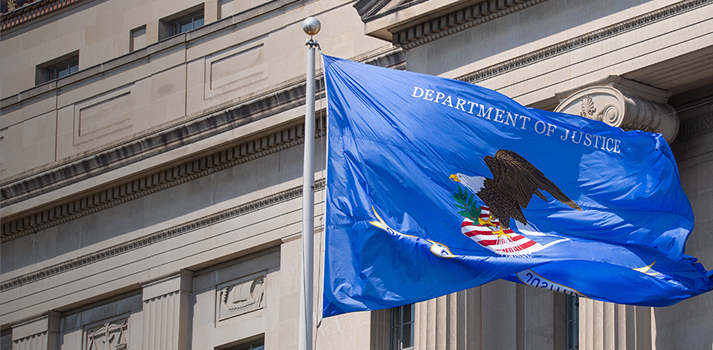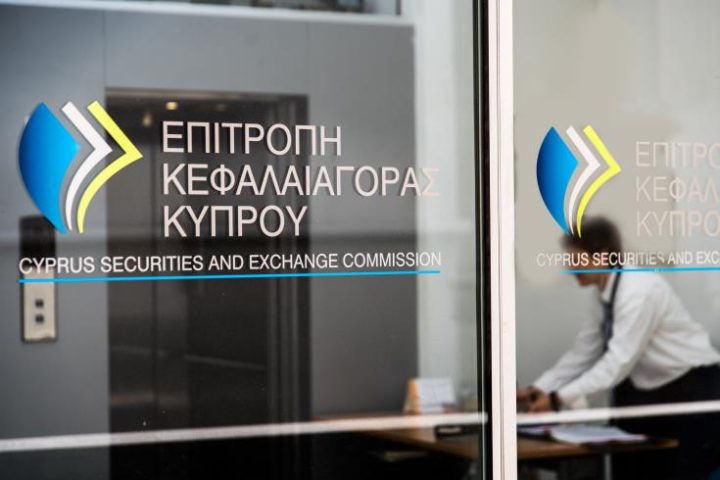The head of the anti-money laundering unit, MOKAS, told the ongoing probe into the ‘golden passports’ saga, that files regarding cases of applicants were leaked by the Interior Ministry to service providers, who in turn were exerting pressure on the unit to screen their clients.
Eva Papakyriacou, the head of MOKAS, told the committee investigating the island’s discredited citizenship by investment programme that information was leaked to the service providers, or mediators, at the highest level.
She said that officially, the unit received around 270 requests directly from the Interior Ministry to check individuals and their transactions, the majority after 2015.
This was in stark contrast to the 6,744 investors and their relatives who have received Cyprus citizenship as part of the programme that was terminated in 2020 after a report by Al Jazeera revealed the gross shortcomings in the programme. Two politicians have resigned over allegations of corruption and other are still being investigated.
Papakyriacou said she was receiving calls from service provides who learned that their client was being screened by MOKAS, even though they should not have known.
She added during a meeting with former Interior minister and current Finance minister Constantinos Petrides, he “seemed concerned about things that needed to be corrected.”
No names of mediators
The head of the panel, former supreme court judge Myron Nikolatos, asked Papakyriacou to provide the names of the mediators who were bothering the unit.
She said she had submitted her complaints to the interior ministry, refusing to give out more information.
Papakyriacou said that they were informed that leaks were from the “highest level,” adding later that she had assumed it was the ministry.
Until 2019, the unit had responded to the ministry’s requests in writing, but it changed practice after realising that it could be misconstrued as a green light to granting citizenship.
After 2019, MOKAS included a note in its findings when investigating applicants, that their response was based on information available at that time, and the unit’s answer could not be taken as a clean sheet for the individual involved.
“We received around 279 requests,” from the interior ministry, most after 2015, she said, adding that the number of problematic cases was small.










